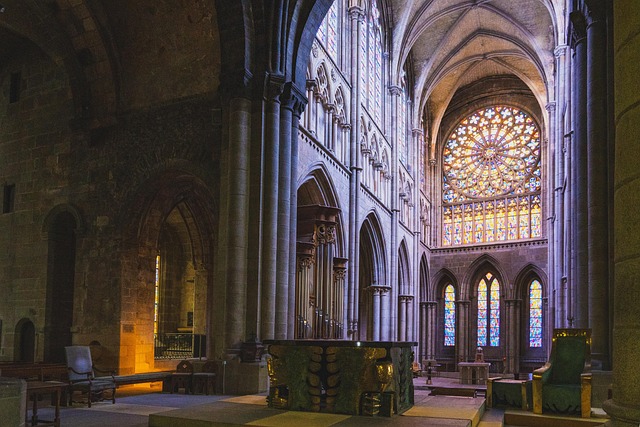Sacred Altars: Exploring the Intersection of Religion and Morality
Throughout history, altars have served as the focal points in religious practices, symbolizing more than just a physical structure. They represent the sacred space where human beings reach out to the divine, seeking guidance, forgiveness, and connection. In various cultures and religions, altars resonate deeply with human emotions, reflecting our innate need for morality, spiritual growth, and connection with something greater than ourselves.
The Role of Altars in Religion
Altars come in various forms and serve multiple purposes across different faiths. In Christianity, the altar is often regarded as a sacred table where the Eucharist is celebrated, and believers come together to renew their faith. In Hinduism, the altar, or ‘puja’ area, is adorned with images of deities and serves as a place for daily worship and reflection. In Buddhism, altars are dedicated spaces for meditation, filled with offerings that symbolize respect and mindfulness.
Regardless of the specific traditions, the common thread among these practices is the ability of altars to evoke a sense of reverence and ethical contemplation. They prompt individuals to examine their moral compass and action in the world, often serving as a physical manifestation of one’s spiritual beliefs and values.
Morality and the Sacred Space of the Altar
The moral lessons learned at the altar often extend beyond the walls of churches, temples, and shrines. When people engage with altars, they reflect on their actions, confront their shortcomings, and seek to better align their behavior with their values. This process of introspection is vital in cultivating empathy, compassion, and ethical behavior.
For instance, in many faiths, rituals involving altars commonly include confession and atonement, which provide a structured way for individuals to address their moral failings. The act of laying down burdens at the foot of the altar symbolizes the wish to improve oneself and to seek forgiveness, both from the divine and from the community. This acknowledgment of wrongdoing fosters a sense of accountability that is essential for personal growth and moral integrity.
Modern Reflections on Altars and Morality
In contemporary society, the concept of the altar has evolved. Many people create personal altars within their homes, designing them as spaces for reflection and mindfulness. These personal altars may feature items that hold emotional or spiritual significance, such as photographs, sacred texts, or natural elements. They remind individuals of their values and encourage a daily practice of moral consideration in their lives.
Additionally, the prevalence of spiritual but not religious viewpoints has led to a broader understanding of what altars can mean. They can symbolize personal commitments to ethics and morals that transcend traditional religious boundaries, promoting values like equality, justice, and compassion for all. In this way, altars continue to serve as tools for self-reflection and moral development in an ever-changing world.
Invitation to Reflect
As we navigate an increasingly complex world, it is crucial to engage with the concept of the altar—both as a physical space and as a metaphor for our moral journey. Whether you find yourself in a religious context or crafting a personal sanctuary, consider taking a moment to reflect on what values guide you. What burdens are you ready to lay down? What has your altar taught you about the intersection of spirituality and morality?
In these sacred spaces, may we all find the wisdom and strength to elevate our moral compass, navigate the nuances of life, and serve as stewards of goodness in our communities.




